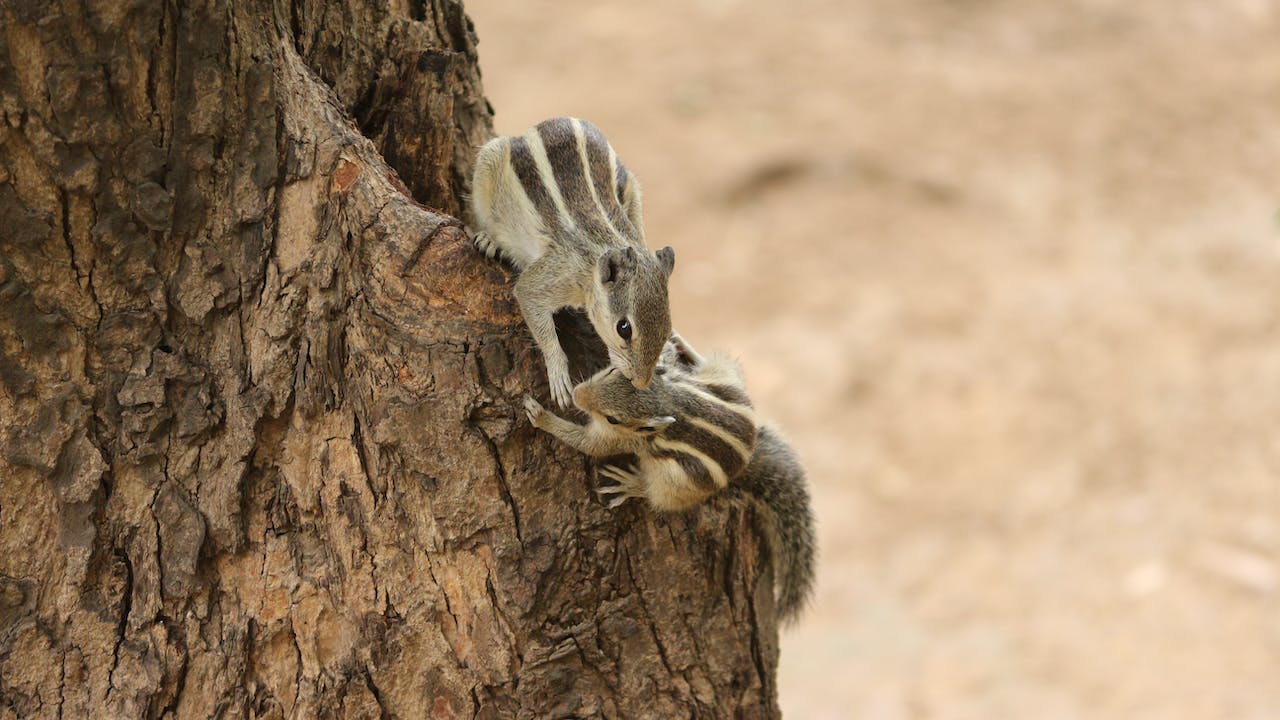Squirrels and chipmunks, while often grouped together due to their similar sizes and behaviors, have distinct characteristics that influence their interaction with human habitats. Squirrels, such as the common gray squirrel, are larger and more likely to be found in trees, whereas chipmunks are smaller, ground-dwelling creatures known for their distinctive stripes.
Both species play a critical role in their ecosystems. Squirrels, for example, are key players in seed dispersal due to their habit of storing nuts and seeds. Chipmunks contribute similarly, with their burrowing habits aiding in soil aeration. However, these same behaviors can lead to conflicts with humans, as they can damage gardens, lawns, and even structures.
The Role of Baking Soda in Pest Control
Baking soda is a widely available and inexpensive substance that has a range of household uses. In the context of pest control, it’s often touted as a natural and non-toxic alternative to chemical repellents and poisons. The theory behind its use against squirrels and chipmunks is based on its reaction in the stomach, producing carbon dioxide gas when mixed with an acid.
However, there is limited scientific evidence supporting the effectiveness of baking soda as a rodent control agent. Moreover, the ethical considerations of causing potential harm to these animals through internal distress must be considered. The use of baking soda as a pest control method raises significant questions about the balance between human convenience and animal welfare.
Ethical and Legal Considerations
When considering any form of pest control, especially methods that may cause harm or distress to animals, ethical implications must be at the forefront. In many regions, there are also legal restrictions on how wildlife, including pests, can be managed.
It is important to research and understand the local laws regarding wildlife control. In some areas, causing harm to squirrels, chipmunks, or other wildlife can lead to legal repercussions. Beyond legality, there’s a moral responsibility to consider the welfare of these animals, even in the context of them being pests.
Alternative Methods of Control
Given the questionable effectiveness and ethical concerns surrounding the use of baking soda, exploring alternative methods of control is crucial. These methods can range from humane traps to natural repellents, to methods of making gardens and homes less attractive to these creatures.
- Habitat Modification: This involves altering the environment to make it less appealing to squirrels and chipmunks. This could include removing food sources, such as bird feeders, or making modifications to prevent access to potential nesting areas.
- Natural Repellents: There are various natural substances and home remedies touted as repellents for these animals, including peppermint oil, cayenne pepper, and vinegar. While some homeowners report success with these methods, their effectiveness can vary.
- Exclusion Techniques: Physical barriers, such as fences or mesh, can be effective in keeping squirrels and chipmunks out of certain areas. These methods are non-lethal and can provide long-term solutions if properly implemented.
Balancing Human and Wildlife Interests
In concluding the article, it’s important to reiterate the importance of finding a balance between effective pest control and ethical treatment of wildlife. While baking soda may offer a DIY solution, its use raises significant questions about both efficacy and humanity. Homeowners and gardeners must weigh their options carefully, considering both the impact on the animals and the legal and ethical frameworks in which they operate.

